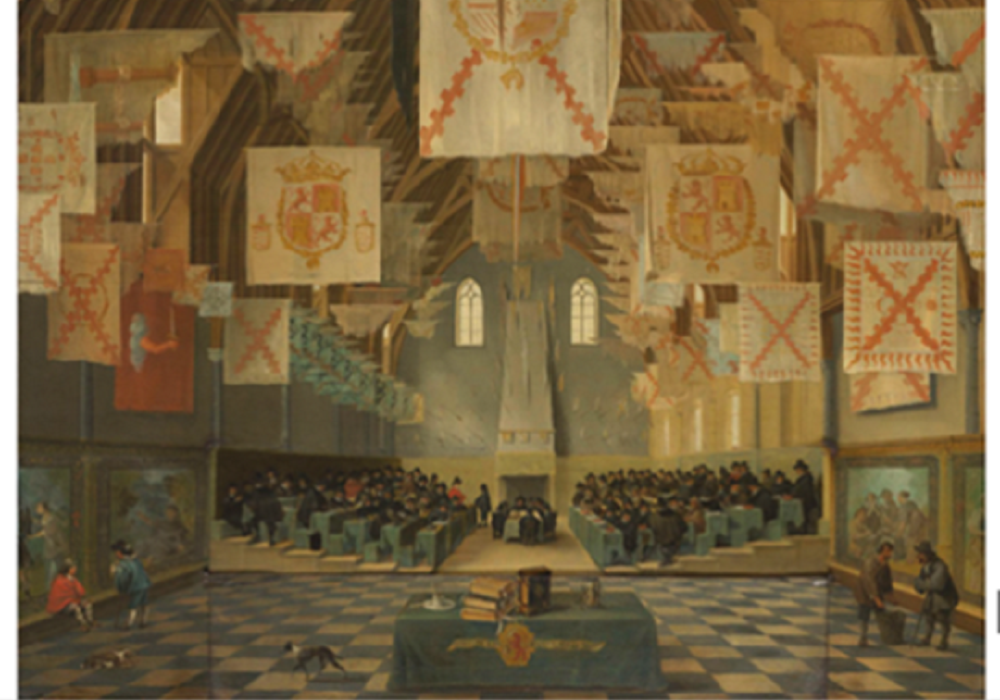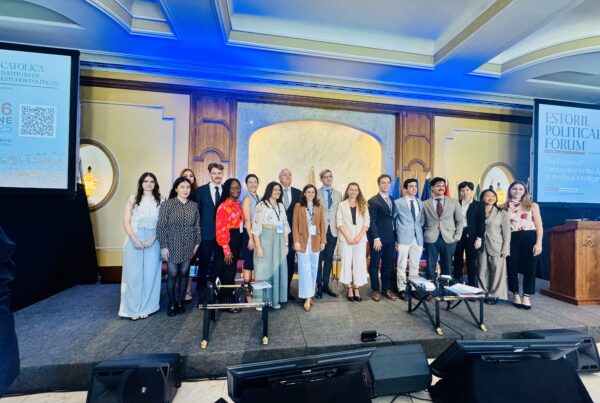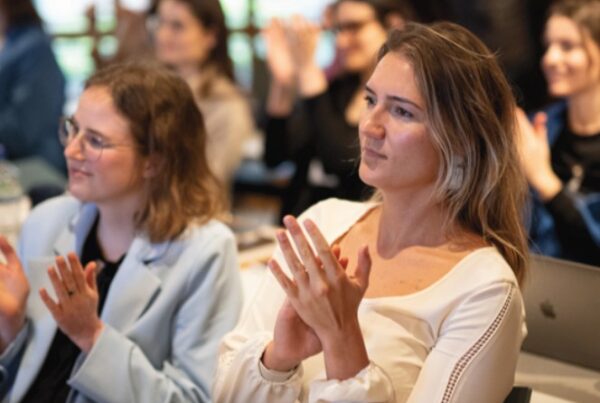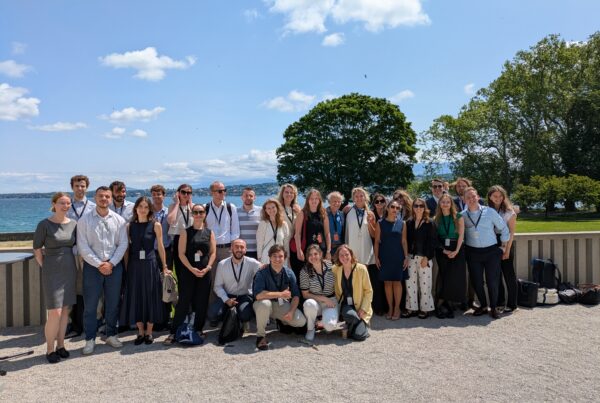
Bursaries and a Call for Papers
Recovering Europe’s Parliamentary Culture, 1500-1700: Concepts, Methods, Approaches
22-24 June 2022 | Jagiellonian University, Krakow
This event has now passed. Please click to read a follow-up report and participant feedback. Alternatively, go to the events & activities page for future events.
The Conference
This interdisciplinary international conference will explore the culture of early modern Europe’s political assemblies, and ask how it was expressed in language, writing, images, institutions, and symbolic practices. Political consultative assemblies, common in late medieval monarchies throughout Europe, faced transformative changes between 1500 and 1700. Parliaments, States, Estates, Diets, Cortes varied tremendously in their organization, customs, and functions. Yet they shared a transnational inheritance of ideas and methods of deliberation, consultation and representation that added up to a common European tradition.
Representative and consultative institutions have been mostly studied in terms either of legal and constitutional history or of national politics. Yet they should also be seen as cultural phenomena in their own right. We invite papers from scholars of early modern history, political philosophy, intellectual history, literature, classical tradition, arts and material culture to investigate the political, literary and visual discourses and shared experiences of representative political assemblies across Europe during the ‘Long Reformation’.
The conference will include two interdisciplinary round table discussions: ‘What is Parliamentary Culture’ and ‘Early Modern Parliaments and their Modern Heritage’.
Speakers include Alan Cromartie (University of Reading), Norman Jones (Utah State University), Paulina Kewes (Jesus College, Oxford), Fabien Montcher (Saint Louis University, Missouri), Dorota Pietrzyk-Reeves (Jagiellonian University, Krakow), Uladzimir Padalinski (Belarusian State University), and Paul Seaward (History of Parliament Trust, London).
Call for papers
We invite proposals for the following;
- Individual papers of 15-20 minutes. Please submit a proposal (maximum 200 words) and a short biographical note (maximum 150 words)
- A panel of 3 or 4 people, each giving a 15-minute paper. Panel proposals should be submitted by the panel convenor and should include an abstract for each paper (max 200 words), a rationale for the panel as a whole (max 150 words), and biographical notes and email addresses for all proposed delegates (max 150 words each).
We particularly welcome papers that discuss the following topics:
- What is parliamentary culture? Or should we perhaps speak of ‘parliamentary cultures’? What do we gain by approaching it from a comparative, interdisciplinary perspective?
- Which research perspectives and methods are best suited to comparative studies of parliamentary culture in early modern Europe?
- What are the commonalities and differences in the languages used to describe parliamentary practice in our period, and what are the political ideas that underpinned or served to justify such practices in various countries?
- How was the power and character of early modern political assemblies conceptualized in imaginative as well as more obviously political writing?
- How was their work recorded, formally and informally, and historicized?
- How were they compared with each other by contemporaries?
- What was distinctive about the rhetoric of parliamentary speeches and/or of parliamentary diaries? How did this cultural dimension of political assemblies change in the course of the early modern period?
- How do modern parliaments use their early modern parliamentary cultural heritage?
- How is early modern parliamentary culture still reflected in cultural heritage sites today?
- How did this cultural dimension of political assemblies change in the course of the early modern period?
For inspiration, you might like to see our blog at https://intellectualhistory.web.ox.ac.uk/recovering-europes-parliamentary-culture-1500-1700
Proposals for papers should be submitted to parliamentaryculture@ell.ox.ac.uk. The deadline has been extended to 15 March 2022.
To apply for a funded place at the conference
The conference is partially supported by the Europaeum, a network of 18 of Europe’s leading universities. Postgraduate students at Europaeum member universities should additionally complete a short application form, attach a 2-page CV and give the name of a referee if they wish to be considered for a funded place. These will be awarded on a competitive basis according to merit.
Guidance for applicants for funded places
Admissions Policy
Who can apply for Europaeum events and opportunities? Generally speaking, any graduate who is currently enrolled on a course with one of our member universities can apply. Historically we have only invited students from the Humanities and Social Sciences to apply, but with courses and research topics becoming more and more interdisciplinary, we are opening up the invitations to those from other disciplines as well. However, it should be stressed that the reason for applying given in the application should bear as much relevance as possible to the theme of the event, or in the case of bursaries, a strong case for wanting to do research in the field of European Studies should be made to ensure being competitive. There are rare occasions where the theme of an event that the Europaeum is associated with relates to non-European topics, and in those cases we look for the closest relevance to the topic.
Criteria
Academic quality: we look for strong students with good previous and on-course marks who can argue their point well and write in good English.
CV: you should list your education thus far (with grades), and work experience. You can add any volunteer work you may have done, and skills that you have gained. Information about your English language skills will be useful.
References: your referee should comment on your academic qualities and achievements, and if at all possible, should give an indication of where you rank in your year’s cohort.
Proposal/personal statement: This should be as concise and yet detailed as possible. We are looking for you making a coherent and convincing case for why you want to participate (or get a bursary). Your academic background and research interest in European Studies should be explained and much as possible within the limited space of the statement, and how the event or bursary trip would help you with your current research. In the case of applying for a bursary, you should be as clear as possible about how you are planning to spend your time during the trip, what you are expecting to achieve, and why the resources in that particular location are vital for your academic work.
Decision-making process
Our decision-making process is as fair and transparent and aims at connecting with and selecting a diverse set of individuals through understanding and valuing different background and opinions. All applications are considered, and we aim to have a minimum of two, if not three, assessors. Where possible we involve assessors from more than one member university.
We are sorry that we cannot offer feedback on unsuccessful applications.
Incomplete applications
Not all applications are requested to be sent to the Europaeum office, as some member universities handle their own admissions internally. In those cases we have no control over what happens when applications are incomplete. But if your application was sent to the Europaeum office and is incomplete by the deadline we will get in touch with you as soon as we can to make you aware. The most frequent issue is missing references and we would ask you to chase these up so that we can have them within 2-3 days after the deadline.
Please make sure that you have all other documents included with your application. Where paper proposals are invited, an abstract is also required, providing you would like to give a paper.
Attendance
We expect that participants attend the entire event, unless they have very good reason not to. This particularly applies to online events, so please flag to us as early as possible if you cannot attend a session, for reasons such as a medical appointment, University examination or unforeseen problems. Attendance certificates cannot be issued if a big portion of the event is missed, particularly without explanation, and we reserve the right not to include you in our Alumni network if we find that efforts to attend and be fully part of the event were not sufficient. The Europaeum’s philosophy is that students not only gain academic and professional experience at the events, but also use it as a networking opportunity to meet other students. This applies in particular to physical events and exchanges in coffee breaks and over meals. Online events: these should never just be seen as a conference where you give a paper, only show up for your own slot and miss the rest of the event, just so that you have another line on your CV. This sort of behaviour is rude to other participants and you do yourself a disservice by missing out on the experience of networking with and learning from likeminded people (including excellent speakers!) from a range of excellent academic institutions.
We expect that participants attend the entire event, unless they have very good reason not to. This particularly applies to online events, so please flag to us as early as possible if you cannot attend a session, due to unforeseen and significant problems. Attendance certificates cannot be issued if a big portion of the event is missed, particularly without explanation, and we reserve the right not to include you in our Alumni network if we find that efforts to attend and be fully part of the event were not sufficient. The Europaeum’s philosophy is that students not only gain academic and professional experience at the events, but also use it as a networking opportunity to meet other students and we would hope that participants recognise these opportunities and participate fully in the event they signed up for.
Costs and reimbursement
For all events on this page the Europaeum covers travel costs to the location, except where indicated clearly that this is not the case. In most cases this means that once you have received confirmation of a place on the event, you will be asked to book your travel within a week and send the receipts to us. The limited time frame is intended to make sure that travel costs are kept to a minimum by booking travel as early as possible. In some rare cases travel will be booked for you, but this will be clearly indicated to you.
Where travel costs are reimbursed the Europaeum will make a bank transfer into your bank account as soon as possible after the start of the event, once confirmation has been received that you have arrived. If you cancel your attendance without explanation and evidence of unforeseen and significant issues that prevented you from travelling, we reserve the right not to reimburse you.
If you have trouble pre-financing travel costs, please get in touch with the Europaeum office once you have an offer, so that we can find a solution that helps you out.
Please note that we can only cover travel within Europe and we usually expect to cover travel costs from a student’s home university to the event. Students who need to travel from further afield should enquire with the Europaeum office whether it is possible that a contribution is made to their travel costs to the equivalent of another student’s travel costs from the same university. Where the event is happening at your home university, we do not cover travel costs. Equally, we reserve the right to query a scenario where a student is clearly trying to use the travel cost reimbursement system to cover a trip to their home country for a holiday.
Accommodation is always provided by the organising institution (or the Europaeum), but please note that this can be shared (twin) accommodation. We would like to ask participants not to bring guests along, even if they don’t attend the event itself. Our philosophy is that the social elements of a workshop are as important as the academic ones, and that this is where useful connections are formed for the future. Personal guests tend to be a distraction that isolates one participant from the group.
Food is normally provided during the event and where this is not the case, the Europaeum usually provides participants with a per diem contribution to meals. We do not cover food costs on non-event travel days.
If you have attended an event and would like an attendance certificate, please get in touch with the Europaeum Office.
Links




